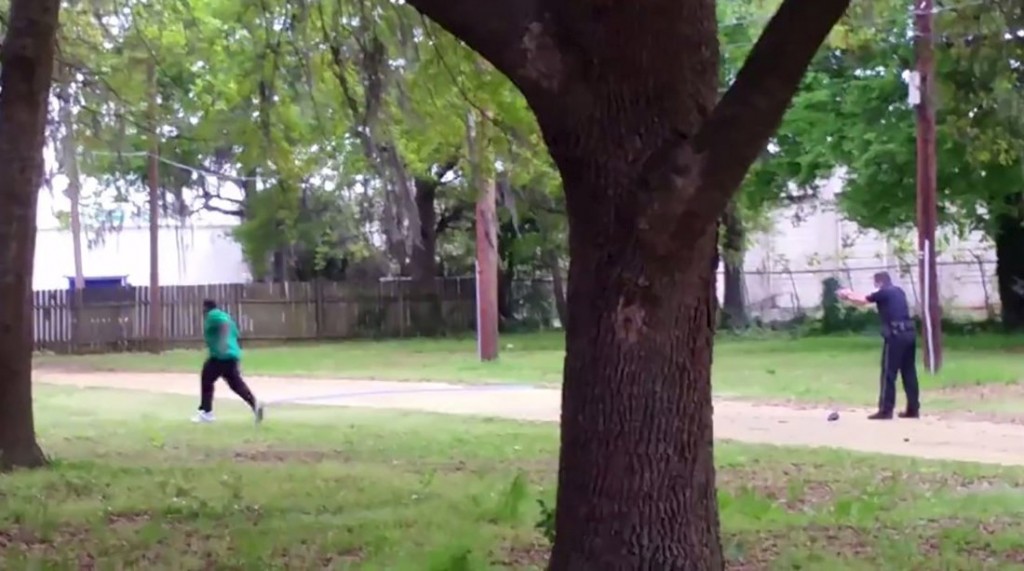By Graham Moomaw
(VM) – The Virginia Court of Appeals overruled a man’s misdemeanor conviction for fleeing from police after ruling the Lynchburg police officer who attempted to make the arrest didn’t get close enough to the suspect to have a realistic chance of grabbing him.
In an opinion revealing what the court described as a legal quirk unique to Virginia, the court found that an officer telling someone to stop from 20 yards away doesn’t satisfy a rule requiring officers to have the “immediate physical ability to place the person under arrest.”
The opinion applies mainly to foot chases, not a separate eluding law that criminalizes fleeing police in a motor vehicle.
The ruling arose from a 2022 case in which Lynchburg police officer M.D. Iazzi attempted to arrest Jessi Ryan Hackett during a snowstorm. After arriving at a home in uniform to try to make the arrest, Iazzi found Hackett standing outside. When Hackett spotted the officer, court records say, he “took off running” into the woods. The officer then told Hackett to stop and said he was under arrest, to which Hackett, still running, replied: “I didn’t do anything wrong.”
The same officer found Hackett nearby about an hour later and, from about 50 yards away, again told him to stop. Hackett ran off a second time but was later arrested and charged with fleeing from law enforcement. He was subsequently convicted of the charge and sentenced to 90 days behind bars, with 60 days suspended.
In the opinion overruling the conviction, Judge Stuart A. Raphael wrote that a distance of 20 yards was simply too great to meet the criteria for fleeing the General Assembly specified when writing the law.
“There was too much time and space separating them to conclude that Iazzi had the immediate physical ability to arrest Hackett,” Raphael wrote. “Put another way, Hackett was not within Iazzi’s ‘immediate span of control’ when he fled.”
The appellate court noted that the immediate proximity rule appeared to originate from the General Assembly’s attempts to broaden earlier versions of the law to allow authorities to charge someone with the offense of fleeing law enforcement even if they weren’t physically in the “custody” of police.
The court’s opinion noted that many other states don’t criminalize fleeing from an impending arrest and those that do “typically focus on the defendant’s act of fleeing.” Virginia, the court said, “appears to be the only state in the country” that requires close physical proximity to an officer as an element of the crime.
Court rules Virginians can’t be charged with fleeing police if officers are too far away



